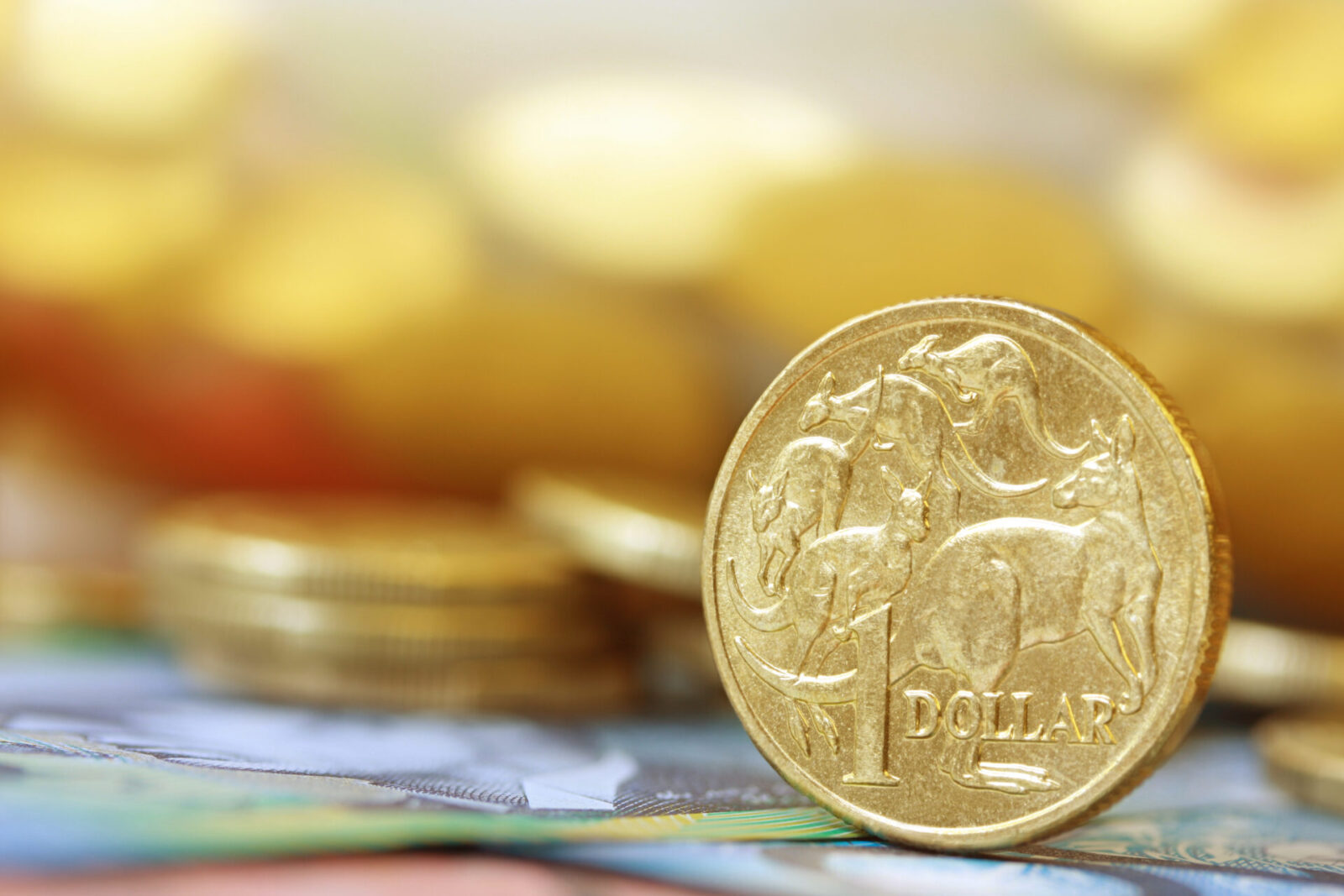
The Australian Dollar has fallen sharply over the last week.
We spend a lot of time talking about the pound, the euro and the US dollar on these pages, but that doesn’t mean we don’t have our eyes on other currencies. Every so often, there’s an intriguing shift in market dynamics, and that seems to be happening right now with the Australian dollar (AUD).
Over the past week, the Aussie dollar has lost more than 1% to the US dollar, while losing the best part of that figure to both the pound and the euro.
But what’s behind this change? We’ll take a peek behind the curtains at AUD in this week’s blog and get to grips with why expectations about Australia’s trajectory are changing.
Interest rate uncertainty
Up until a few weeks ago, it seemed that the Reserve Bank of Australia (RBA) would be in a slightly different kind of pickle compared to other central banks. The current lending rate of 4.35% is lower than many of its peers and there has been a widespread assumption that it may have to increase in order to contain price pressures.
The recent flow of economic data has disrupted that narrative. Consumer price pressures — led by housing and fuel costs — plummeted in January, leading many to believe that the RBA will have to rethink its plan. As a result, the relative value of AUD has taken a hit, but that’s not the only factor to take into account.
The raucous anti-AUKUS caucus
The nature of global geopolitics is changing fast. Of course, you would have to have been living under a rock to not perceive this, and governments around the world are scrambling to adapt. For the US, UK and Australia, this meant joining a military and intelligence network known as AUKUS.
The goal of AUKUS is threefold: to create a new set of nuclear submarines, share intelligence information and provide a hefty military counterweight to rising powers in the Pacific. It is a strategic asset as well as a commitment of those three nations to mutual defence.
Boris Johnson labelled opponents of the scheme “the raucous anti-AUKUS caucus”. It’s an amusing turn of phrase, but one which does not capture the very serious reason it was established. Australia has long operated with little threat to its global standing. That has now changed, and part of the rethink around AUD has come from the reassessment of its place in the world, along with what that means for security.
The China question
China is Australia’s largest trading partner. In normal times, this would be great. China boasts a massive manufacturing industry, a burgeoning middle class and its proximity to Australia’s shores presents a natural opportunity. As one of the world’s largest mineral producers, Australia has been well-positioned to gain from China’s emerge as a global superpower.
However, the times they are a ‘changing. China is more dominant in the region than ever before, and if it does ever decide to invade Taiwan, Australia would be in a terrible predicament. Pledging support to Taiwan risks destroying its trading relationship with China, while not doing so would be disastrous for the centrepiece of its defence strategy.
As is always the case in currency markets, expect more volatility to come. The situation in Australia is finely poised and it feels like this story is just getting started.
If you have a large upcoming transaction, could you afford to leave the cost in the hands of markets? Lock in a forward contract today and remove the risk.
To learn more about how Smart Currency Business can help you, give one of our friendly account managers a call on 020 3773 7402 or visit our website for more information.

 020 7898 0500
020 7898 0500